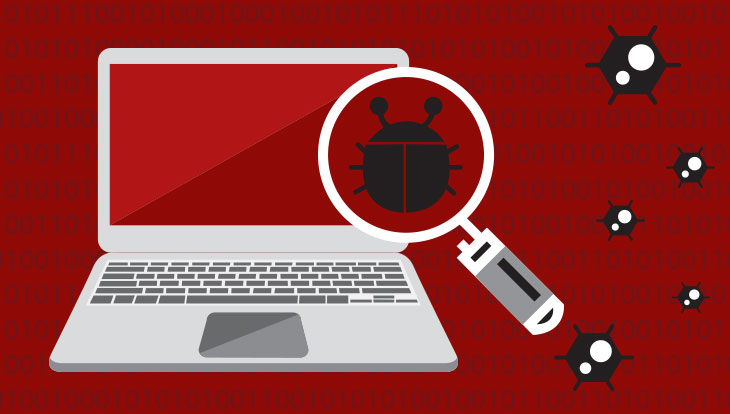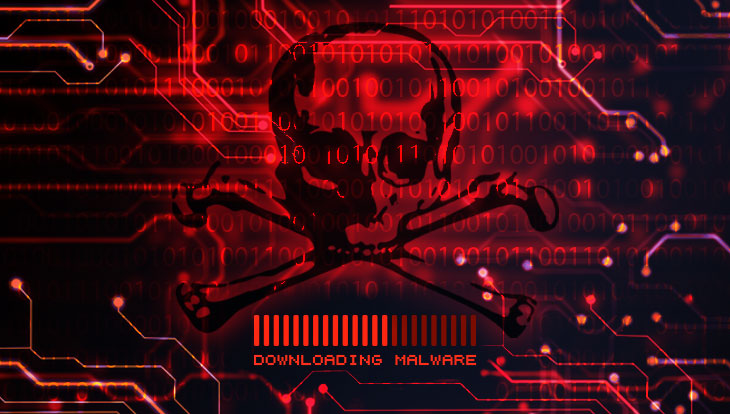Top 5 Cyber Security Tips The Everyday User Must Know
Cyber security threats. What are they? The everyday device user typically isn’t thinking about the threats they may be facing every single day. Whether it is a security breach from their favorite app, or clicking on an infectious link in an email. Most users just don’t think about it. Instead, we like to live in […]
Top 5 Cyber Security Tips The Everyday User Must Know Read More »










